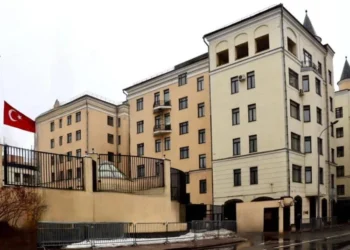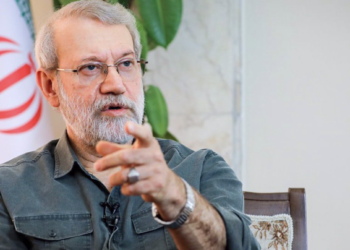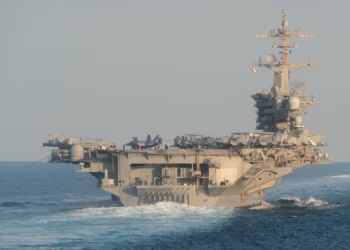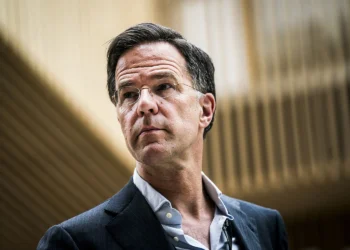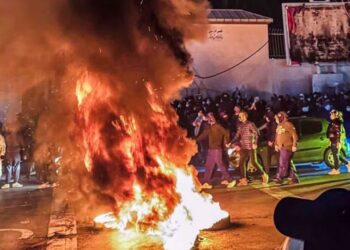THE HAGUE (Realist English). NATO member states have formally agreed to increase defence spending to 5% of GDP by 2035, aligning with a demand from U.S. President Donald Trump in a bid to preserve Washington’s security guarantees and avoid a rupture in transatlantic defence ties.
At Wednesday’s NATO summit in The Hague, leaders issued a joint statement reaffirming their “ironclad commitment to collective defence”, while agreeing to submit annual plans demonstrating a “credible, incremental path” toward the new spending target. A review of progress will take place in 2029, coinciding with the final year of Trump’s current presidential term.
Trump, who had earlier cast doubt on NATO’s Article 5 mutual defence clause, used the summit to reaffirm U.S. support, calling the outcome “tremendous.”
“It was 2 per cent, and we got it up to 5 per cent,” he said, underscoring what he sees as a long-overdue shift in Europe’s defence burden.
A strategic pivot under pressure
The new target—comprising 3.5% of GDP for core defence and 1.5% for infrastructure and cyber capabilities—represents a seismic shift in European defence policy. While Germany and other large economies expressed concern about the fiscal implications, most leaders publicly backed the move.
German Chancellor Friedrich Merz called the commitment a case of “putting our money where our mouth is.” NATO Secretary-General Mark Rutte described the agreement as the beginning of a new phase:
“This is day one. European allies and Canada will do more of the heavy lifting.”
Not all members are on board. Spain secured an exemption from the 5% goal, prompting Trump to label the country “terrible” and threaten to impose costs in future U.S.-EU trade talks.
ABN Amro economists noted that while the target may be “unrealistic for most countries,” Germany is expected to lead the actual increases in military spending.
Tensions on Ukraine, Russia
Despite the broader show of unity, the summit’s final communiqué barely mentioned Ukraine, with only a single line committing to “sovereign support” and a short reference to the “long-term threat posed by Russia.” That subdued language reflects Trump’s ambivalence toward Kyiv and skepticism of viewing Moscow as a primary adversary, in sharp contrast to NATO’s messaging over the past three years.
Political theatre and praise
Behind closed doors, Trump’s endorsement came only after what two officials described as Rutte’s calculated flattery of the U.S. president. Rutte, who steered the summit’s exclusive focus toward spending, even reportedly referred to Trump as “Daddy” — a remark that unsettled some allies but helped ensure U.S. buy-in.
Pressed later on the tone, Rutte called it “a question of taste,” but insisted Trump “deserved all the praise.”
The Hague summit may be remembered less for its symbolism than for its fiscal and strategic realignment of NATO. By locking in the 5% pledge, Europe has committed to a military rearmament plan not seen in generations—driven less by threat assessments than by the imperative of keeping the U.S. engaged. Whether that investment will result in a more autonomous Europe or merely deeper dependency on U.S. leadership remains to be seen. For now, Trump leaves The Hague with the assurance that NATO is listening—and paying.



